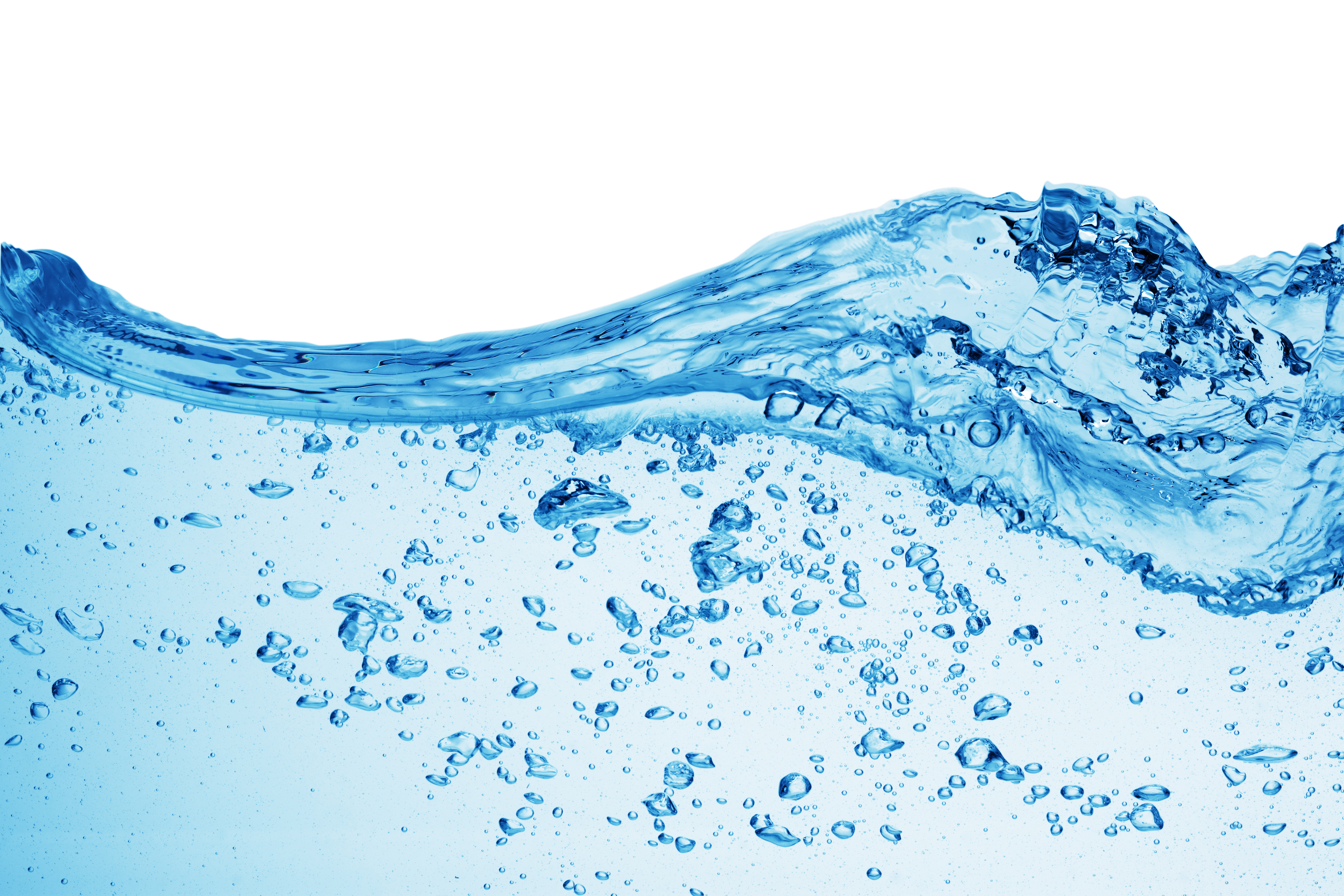Water is so important. By important, I mean absolutely vital. You can have a basement full of food, have every single survival tool and supply that is on the market and if you don’t have water…you wouldn’t survive long enough to put any of it to use. Though a gruesome thought, they say you can survive nearly 3 weeks without food, but without water you wouldn’t last a week. That week is optimistic if your working within ideal circumstances in way of great personal health, optimal environment and limited exposure. Depending on those variables and others, your ability to survive without water for that one week decreases significantly.
When talking to people on the subject of emergency preparedness I am never surprised to hear that they are making steps towards general preparedness EXCEPT for in one area. Water. I’m also never surprised to hear the reasons why they aren’t making much headway. These top five issues seem to always come up.
- Space
- Ease of storing and rotating
- Portability (water is heavy!)
- Investment
- Not understanding water and how to keep it safe to drink
Of all the areas of emergency preparedness, I find that WATER, though it may just be the most important, is the most confusing. There is so much information out there on the subject and a whole lot of it isn’t factual. It makes for an overall frustrating experience and often people give up storing it before they start. It’s the exact reason why I too made progress in every area of preparedness and did little, if anything to store adequate amounts of water. I’m probably one of thousands that has several of those blue barrels in my basement sitting empty for all the reasons listed above.
If there is one piece of absolutely truthful information out there it is this, you can know exactly how much water you need to store for your family using a simple calculation. Based off recommendations from FEMA, the Red Cross, government and ecclesiastical organizations alike, the recommendation is simple. 1 gallon per person, per day. Remembering this is for DRINKING WATER ONLY. You should also be storing water for washing and cooking.
Suggestions for washing and cooking vary slightly, but to keep the arithmetic easy for me, I’ve decided on the magic number of 10. 10 gallons per person per, month for washing and 10 gallons per person, per month for cooking. It makes it so much easier for me to figure it all out. That is slightly more then what the recommendation is, but I’ve decided, let’s be real. Water is something that it’s ok to have a surplus of.
It’s easy to figure out how much water you need. It’s not as easy to figure out how and where you’re going to store it. This was the exact problem I had and was the reason the conversation with my Dad on what to do for it took place. This is also the conversation that set into action the creation of our company and then this website. I don’t love much of the options out there for water storage. They take up so much space, they are not really conducive to actually using the water from the containers you can buy, water is heavy and transporting it in many of the options is near impossible…which also makes rotation a massive undertaking. Not to mention that traditional methods of storing it require that I dump a whole lot of chemicals into water I intend to drink someday or have my family drink. As my Dad always says, there needs to be a better “mouse trap” that makes storing water easier, safer and fool proof. So far there isn’t one. That I’ve been able to find anyway…and I’ve looked…a lot.
Though we aren’t ready to bring to the world that better “mouse trap”, we will be soon! Trademark is done, patent is filed. Until then…I would say this:
- Start with water bottles. These are great on the go water storage solutions. Recognize the need to rotate these. Write the date you purchased them and use the oldest first. It’s not so much the water, but the plastic that holds the water that makes the rotation of these necessary. (more on that in another post.)
- Buy a filtered water bottle of some variety for you and everyone in your family. Put them in your emergency/food storage room so they are ready for whatever emergency takes place. Remember that filters don’t work forever and need to be changed out. Read the labels to these carefully! These can be expensive and you need to know just how long a single filter lasts. Consider buying replacement cartridges to also store with these.
- Remember to store water off the ground, in a cool dark area. Cold storage rooms are great for this.
- Remember to adjust water storage amounts for pregnant women, special or medical needs.
There are a few products that I like out there, but I think the pro’s and con’s to those products deserve their own post. For now just remember to start. Start small, start smart. Just start somewhere storing water. It’s important. You’ll need it almost first in any situation, so make sure you have it. You shouldn’t ever ration water. Ration other things, but never water.
